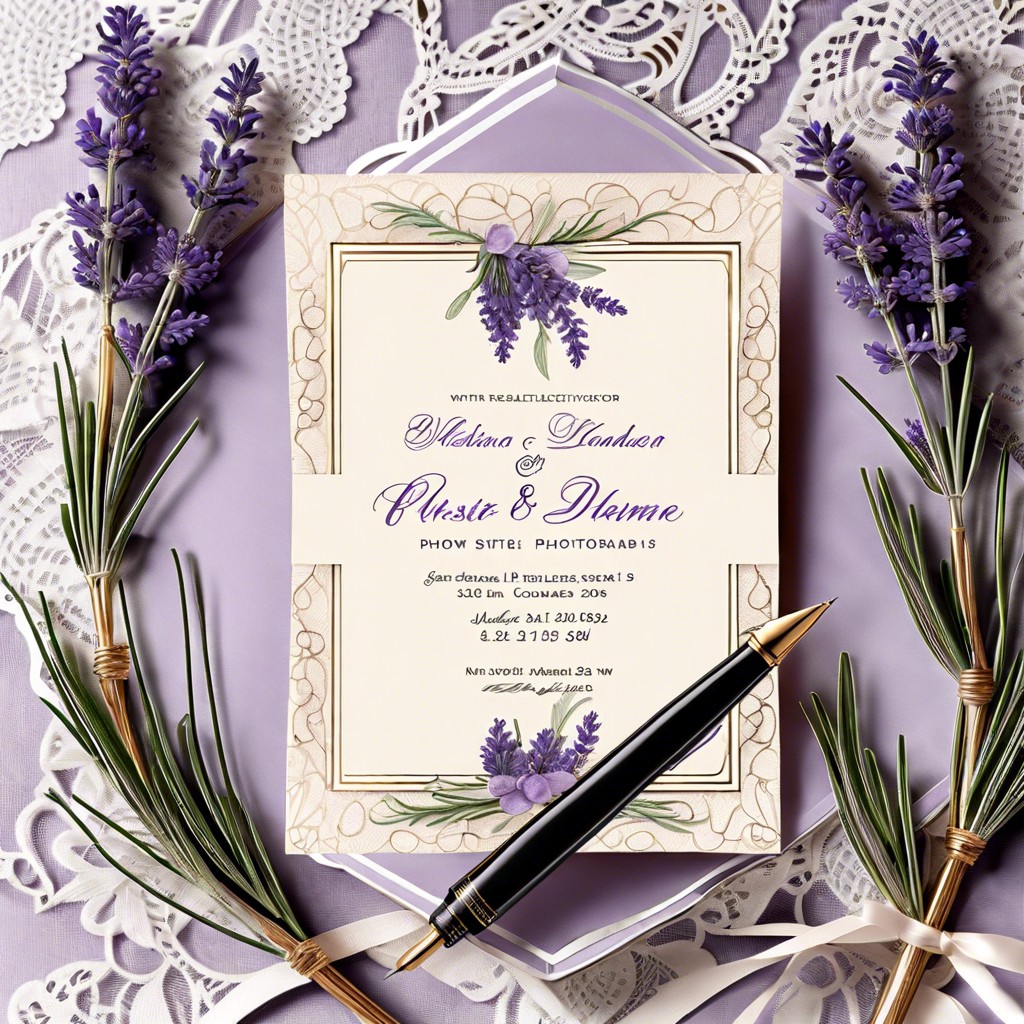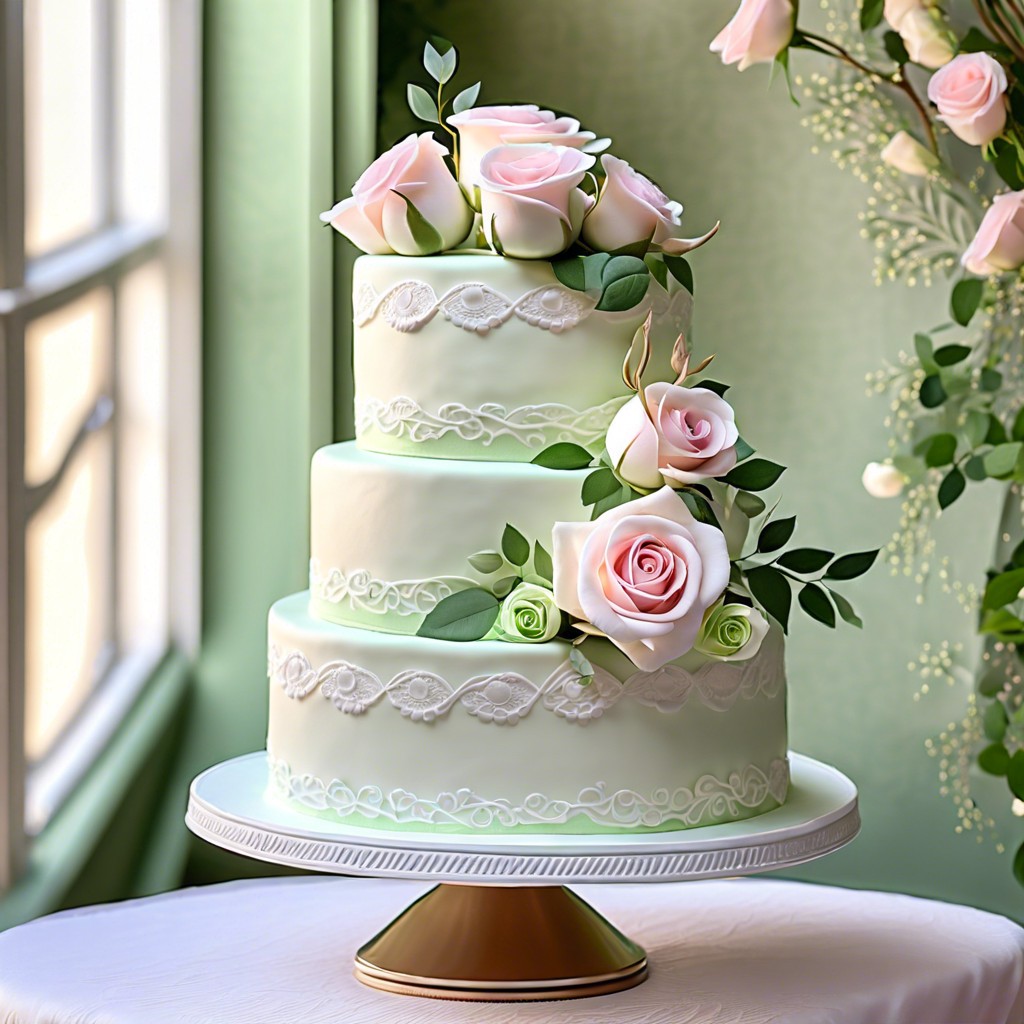Gain comprehensive understanding of wedding planner costs, shedding light on factors that influence these costs and offering insights into smart budgeting strategies.
Key takeaways:
- Wedding planner costs vary based on services provided
- Factors that influence wedding planner costs include service level, experience, location, and budget percentage
- There are different types of wedding planners to choose from, based on your needs
- Consider research, reviews, communication skills, compatibility, and availability when choosing a wedding planner
- Budgeting for a wedding planner involves assessing costs, time saved, responsibilities, and having a contingency fund
What’s Typically Included in a Wedding Planner’s Fee?

Understanding what you’re paying for with a wedding planner’s fee ensures you make an informed decision. Services often span across these key areas:
- Consultation: Initial meetings to discuss vision, budget, and requirements.
- Planning and Coordination: Scheduling timelines, selecting vendors, venue scouting, and contract negotiation.
- Design and Decor: Conceptualizing theme, colors, and event styling.
- Day-of Coordination: Overseeing the wedding day schedule, supervising vendors, and managing the ceremony and reception.
- Crisis Management: Handling any unforeseen issues that arise before or during the wedding.
- Post-Wedding Tasks: Assisting with returns, vendor payments, and thank-you notes.
Keep in mind, services can vary widely among professionals, with some offering ala carte options or customizable packages to fit specific needs.
How Are Wedding Planner Costs Calculified?
Wedding planner costs are usually determined by several factors, including the level of service provided, the planner’s experience, and the wedding’s location.
Service Level: Full-service planners will cost more than day-of coordinators, reflecting the extensive time and involvement required for planning every detail.
Planner’s Experience: Established planners with a track record of successful events typically charge higher fees than those just starting out.
Location: Expect higher fees in metropolitan areas compared to smaller towns due to the increased cost of living and doing business.
Percentage of Budget: Some planners base their fees on a percentage, typically 10%-20%, of the total wedding budget.
Flat Fee: Planners might offer a flat rate for specific services, which provides clarity for budgeting purposes.
Hourly Rate: For minimal assistance or consultations, planners may charge an hourly rate.
Package Offerings: Packages might be available with preset services, which can be more cost-effective than a la carte options.
Understanding these factors helps you anticipate costs and choose a planner that fits both your needs and your budget.
Types of Wedding Planners
Understanding the scope of services offered by different types of planners ensures you select the right professional for your needs:
- Full-service planners accompany you through every step, from the initial concept to the last dance. They handle everything: venue selection, vendor coordination, negotiations, timeline creation, and event design. They’re ideal for couples who desire extensive support and have the budget to accommodate a comprehensive package.
- Partial planners typically come into the picture halfway through the planning process. They assist with specific tasks you’ve selected, like finalizing vendor contracts or décor. They’re a good middle ground for couples who have started planning but need extra help to finish.
- Day-of coordinators (sometimes called month-of coordinators) focus on the logistics of the wedding day itself (or the final few weeks leading up to it). They ensure that your plan is executed smoothly, allowing you to enjoy your special day without stress. This service is best for couples who plan to do all the prep work themselves but need someone to take over on the big day.
- A la carte planners offer services that can be customized based on what you specifically need. They can help you tackle individual tasks that you might find overwhelming, such as creating a seating chart or sourcing a particular vendor.
Each type comes with its own cost structure, so determine the level of assistance you require to help guide your budgeting decisions.
Choosing a Wedding Planner
Consider the following points to ensure you pick the right wedding planner for your special day:
1. Research their Portfolio: Review past weddings the planner has orchestrated to assess their style and versatility. This will give you insight into whether they can create the wedding you envision.
2. Read Reviews: Look for feedback from former clients to understand their satisfaction level and the planner’s strengths and areas for improvement.
3. Evaluate Communication Skills: Your wedding planner will be your voice throughout the planning process. Ensure they understand your vision and communicate effectively.
4. Check for Compatibility: Meet potential planners in person to see if you connect well. Your planner should be someone you trust and feel comfortable working with.
5. Confirm Availability: Ensure the planner has time to dedicate to your wedding, especially if you are planning within a short timeframe.
6. Understand the Fee Structure: Clarify all costs involved, including their fee, potential extra charges, and how they deal with vendor payments.
7. Ask About Contingencies: Inquire about their experience handling unexpected situations and how they would manage any issues that may arise.
By keeping these points in mind, you can confidently select a wedding planner that aligns with your needs, preferences, and budget constraints.
Budgeting for a Wedding Planner
Allocating funds for a wedding planner requires a clear understanding of your overall wedding budget. Typically, planners charge between 10-20% of the total wedding cost. Start by solidifying your maximum spendable amount for the event. Once you have that number, factor in the planner as an essential line item, similar to venue or catering costs.
To ensure you’re making informed financial decisions:
- Assess the planner’s cost against the value of services provided.
- Consider how much time and stress you’ll save, factoring in your personal hourly rate.
- Reflect upon the extent of their responsibilities; more involvement may warrant a higher fee but could result in overall savings through vendor deals.
- Reserve a contingency fund within your budget for unexpected expenses or last-minute additions.
By prioritizing the planner in your budget, you ensure a realistic approach to wedding spending, while making room for professional expertise that can often lead to cost-efficient choices in other areas.
FAQ
How much should you spend on a wedding planner?
The expenditure on a wedding planner typically ranges between $2,000 and $5,000, although the actual cost may be as low as $500 or as high as $75,000, amounting to approximately 10-15% of your overall wedding budget.
What is the average cost per person for a wedding in New York?
The average cost per person for a wedding in New York, considering catering, alcohol, and rentals, ranges between $250 and $400.
How much money should you have before planning a wedding?
According to a recent national survey, on average, you should have around $30,000 set aside before initiating your wedding plans, although this can increase considerably in certain states such as New York or Massachusetts, where averages are around $46,000.
Is it a good idea to have a wedding planner?
Yes, it is a good idea to hire a wedding planner, especially when time is limited, as they can effectively manage the multitude of tasks and vendors involved in planning a wedding.
What percentage of your wedding budget should be allocated to a wedding planner?
Typically, around 10-15% of your total wedding budget should be allocated to hiring a professional wedding planner.
What do wedding planners in New York typically include in their pricing package?
Wedding planners in New York typically include services such as budget management, vendor coordination, event design, timeline and logistics management, day-of coordination, and sometimes even guest management in their pricing package.
How does the cost of a destination wedding affect the fee of a wedding planner?
The cost of a destination wedding usually affects the fee of a wedding planner as it typically increases due to additional responsibilities such as travel arrangements, handling overseas vendors, and managing logistic complexities.



